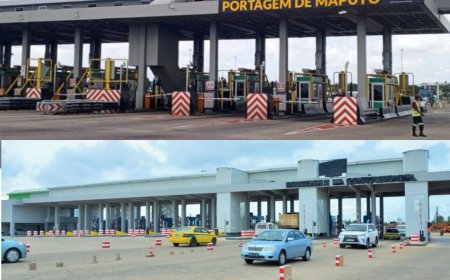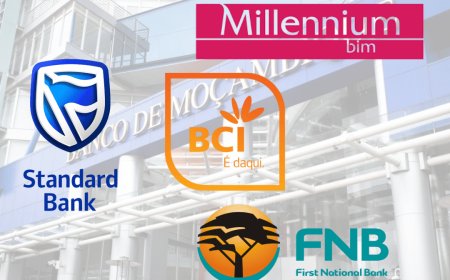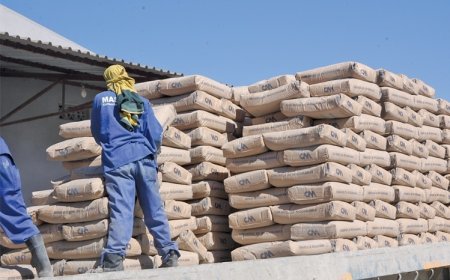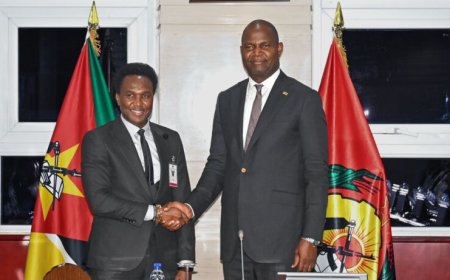Al Mansour Holding promises 20 billion to Mozambique in a 103 billion Africa package: real investment or diplomatic performance
The 103 billion dollar pledge made by the little-known Al Mansour Holding to six African countries, including 20 billion to Mozambique, is being met with scepticism given the absence of binding contracts, timelines, funding sources and a proven track record. Despite the enthusiastic reception from host governments, the promises remain purely declarative and raise serious doubts regarding transparency, feasibility and the true motivations behind this diplomatic and economic offensive led by a little-known member of Qatar’s royal family.
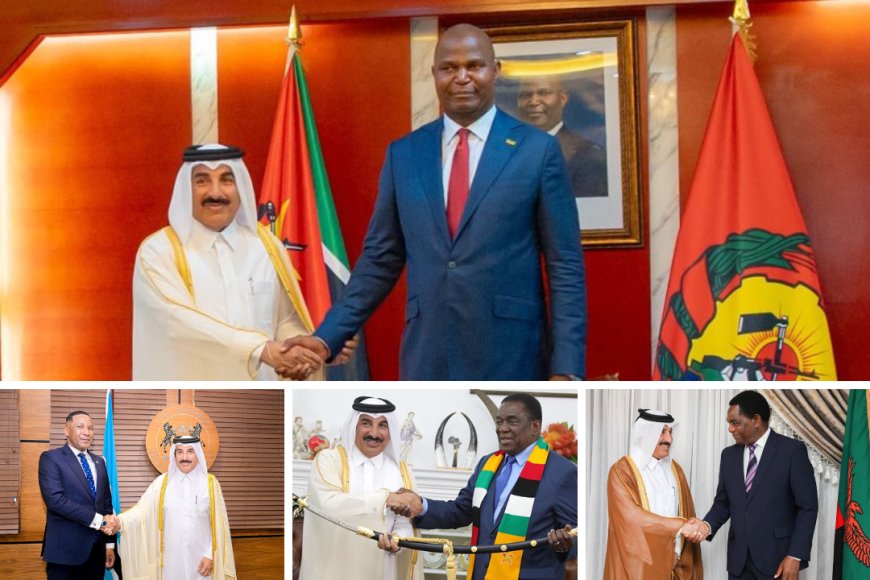
Without public scrutiny, published contracts, known capital sources, disbursement calendars, local content or environmental clauses, let alone financial closure requirements typical of large-scale projects, the Qatari conglomerate Al Mansour Holding arrived in Mozambique in August with an enticing 20 billion dollar offer. The amount is almost equivalent to the country’s entire annual GDP and has generated widespread uncertainty rather than genuine enthusiasm regarding its feasibility.
To illustrate the scale of the promise, the 20 billion figure mirrors the total value of the Mozambique LNG project, led by TotalEnergies in the Rovuma Basin. That initiative took years to reach final investment decision in 2020 and is still yet to begin operations due to force majeure triggered by insecurity in the country’s north.
Before arriving in Maputo, the same Qatari funds were announced in other countries including the Democratic Republic of Congo (21 billion), Zambia and Zimbabwe (19 billion each), Botswana (12 billion) and Burundi, with a similar pledge. Sheikh Mansour bin Jabor bin Jassim Al Thani’s tour of the African continent generated high-profile media attention in stark contrast with the lack of details about the origin of the funds or the terms of the agreements.
Altogether, the public commitments made by the holding across six African nations total 103 billion dollars, although the company has no record of large-scale investments. The announcement made in Burundi was formalised in a meeting held on 16 August 2025 at Kiriri Palace in Bujumbura, between President Évariste Ndayishimiye and Sheikh Mansour Al Thani, who was introduced as a cousin of Qatar’s Emir, Sheikh Tamim bin Hamad Al Thani.
Despite the visible excitement from host governments, there is little evidence that such promises will translate into real investments. In most countries, the commitments have taken the form of memoranda of understanding, letters of intent or strategic cooperation agreements with no binding legal force.
In Mozambique, where the announcement was heralded as a vote of confidence from abroad, the 20 billion dollar pledge remains shrouded in uncertainty. The stated interest covers sectors such as energy, agriculture and infrastructure, but no specific projects have been presented to the public so far, nor have financial terms, disbursement timelines or governance guarantees been disclosed.
The lack of concrete information about Al Mansour Holding has raised legitimate concerns. The company is unknown in major financial and investment forums, has no official website and is absent from international investment networks. Its chairman, Sheikh Mansour Al Thani, 36, holds a law degree, occupies no official government positions in Qatar and is known only for minor business initiatives with no experience in large-scale ventures.
According to research conducted by TORRE.News, the group’s only verifiable investment to date is the acquisition of a 19.9 percent stake in Australian company Invictus Energy (ASX: IVZ), in a deal valued at 37.8 million dollars.
Commenting on the Qatari investment pledge in Mozambique, Professor Elísio Macamo, one of Africa’s most respected political analysts, warned of the risks posed by vague promises in fragile contexts. According to Macamo, Al Mansour Holding’s announcement is problematic because it fails to clarify whether the funds represent direct investment or new loans, which could jeopardise the country’s financial sustainability.
The scholar criticised the current Mozambican government for a lack of transparency and accountability, warning against undermining the principle of doing things differently to achieve different results. He reminded that Mozambique’s recent history is filled with grandiose promises that turned into public liabilities, hidden debts and scandals.
“Our recent history advises caution. It is not the first time that multi-billion dollar promises ended in delays, defaults, jail sentences and burdens on the state,” he said, calling for public clarification of the funds’ nature and terms.
Meanwhile, questions remain as to whether Qatar’s interest in Africa is truly strategic or merely a public relations move to strengthen its influence in countries with weak institutions and limited transparency. For now, the balance seems to lean more towards a mirage than a miracle.








